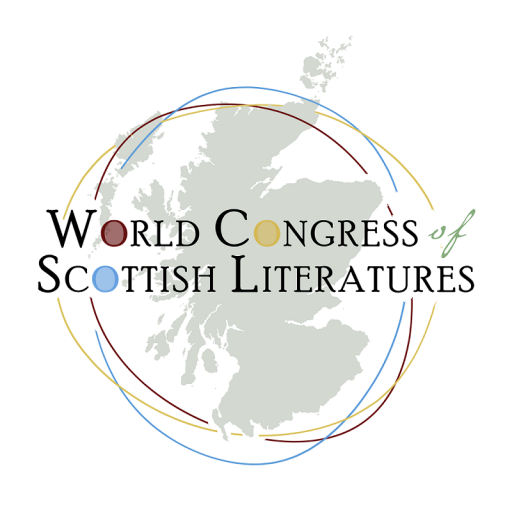Walter Scott’s The Monastery and The Abbot: the end of the Auld Alliance?
Recent revisionist views of Scott’s novels have demonstrated that they encompass counter-narratives that undermine the reconciliation and stability offered as conclusions to the antagonism staged in the main plots. In her recent study ‘Inclusion and Exclusion in the British State: Walter Scott’s Ivanhoe and The Fortunes of Nigel’, Alison Lumsden shows that far from trying to conceal the disruptive elements in his novels, Scott is actually drawing the readers’ attention to them. Following in her footsteps, this paper aims to highlight the competing narratives in The Monastery and The Abbot. Asserting union with England at the expense of the Auld Alliance was not only historically accurate, it was also the only acceptable patriotic stance in the aftermath of the Napoleonic wars. However, these novels simultaneously resist the teleological unionist tale through the depiction of the triangular relation between Scotland, England and France. Walter Scott’s nationalism is often highlighted, whether he is depicted as a Scottish unionist – the most prevalent opinion – or as a more radically subversive nationalist (D’Arcy). By applying agonistic theories to these two novels and suggesting that the vulnerability of the vanquished may be a form of cultural resistance, this paper will show that instead of being essentialist nationalistic tales, these novels actually expose the way in which nation-states are shaped through narrative and the extent to which they are influenced by transnational political and cultural inheritances.
Benjamine Toussaint, Sorbonne Université, France
